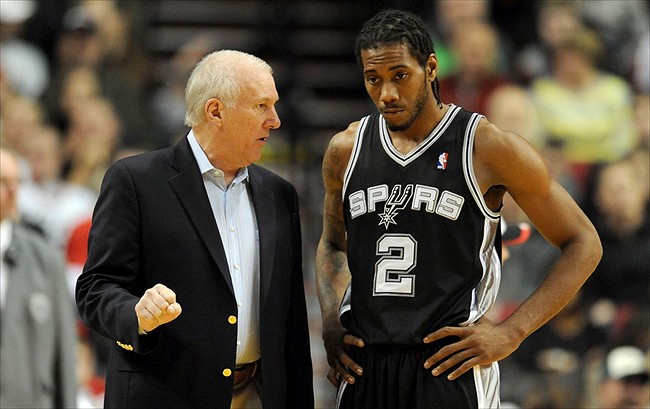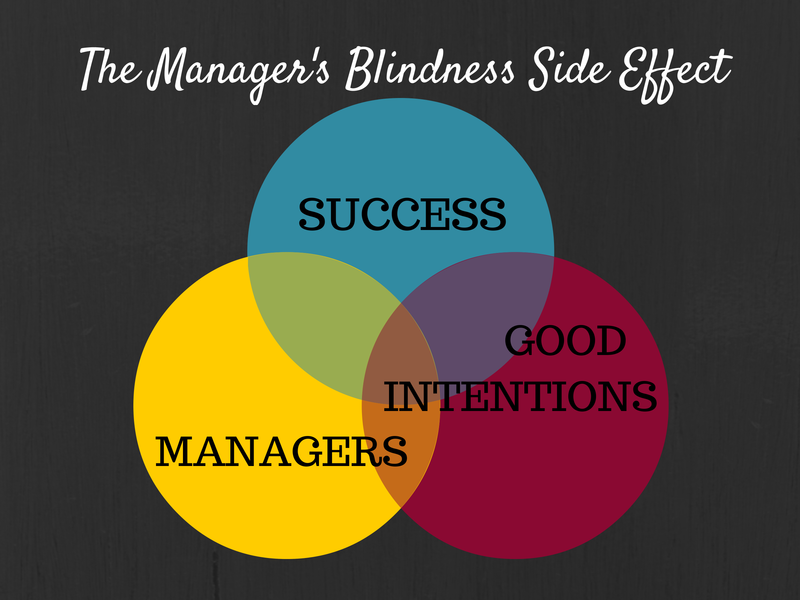“Thanks for pushing me.”
That’s what Kawhi Leonard — at twenty-two, the third youngest Finals MVP in NBA history — told his coach, Gregg Popovich, during the celebratory hullabaloo of this year’s Spurs championship.
To developer Kevin Lamping, Leonard’s simple utterance of gratitude is a meaningful example of the power of coaching, the difference between “managing the good” and “coaching the best.” Their multimillion-dollar salaries, Kevin observes, isn’t quite enough for players to motivate and develop themselves. It’s that critical outside perspective that helps push, challenge, and support you to improve, which is why elite performers from Olympic athletes to opera singers at the top of their fields still have coaches.
Of course the best bosses take time to develop their people. It’s even been proven by Google with its extensive analysis of over 10,000 observations about managers across over 100 variables. Their first and foremost evidence-based rule of good management? Be a good coach.
Then why isn’t coaching more often treated like part of the manager’s job rather than a nice extracurricular activity?









